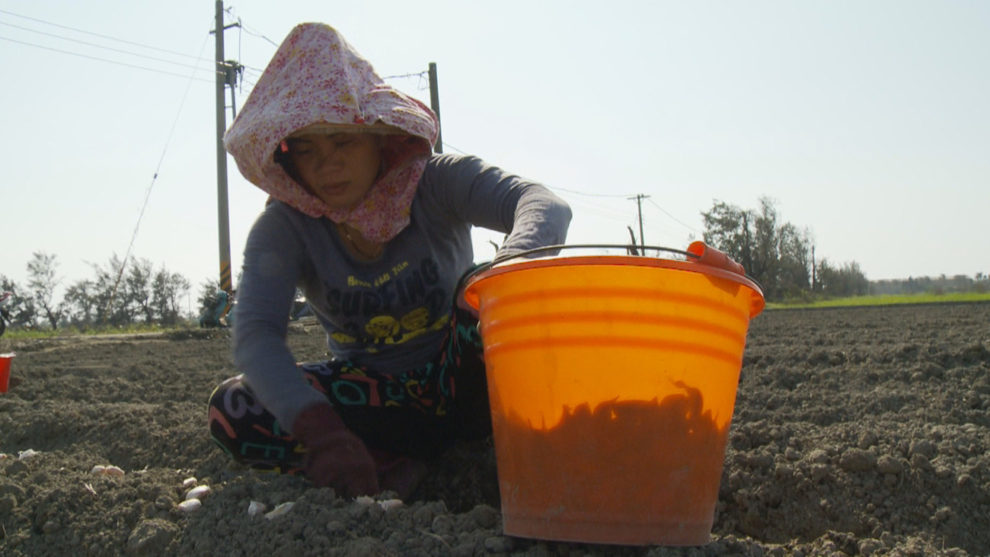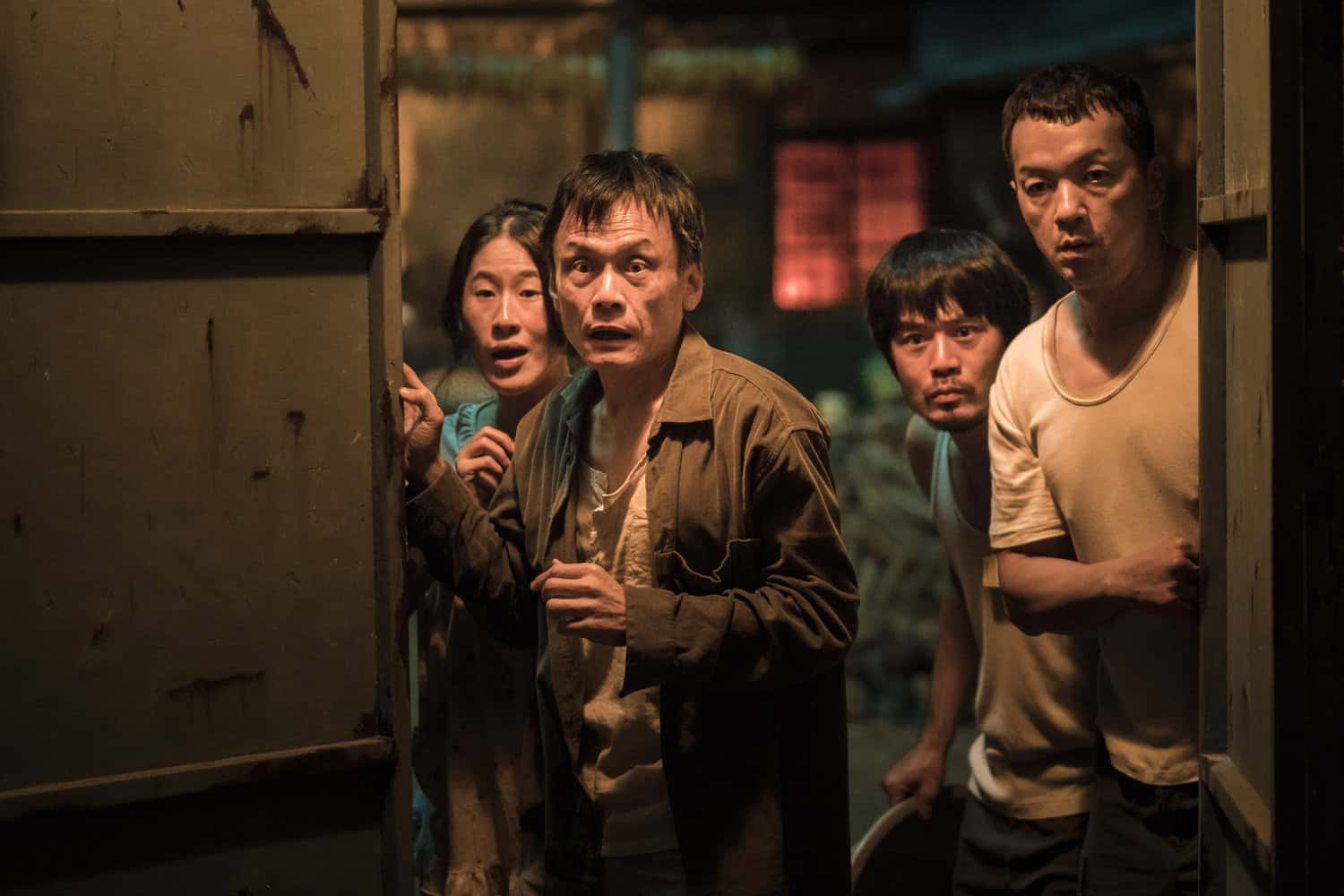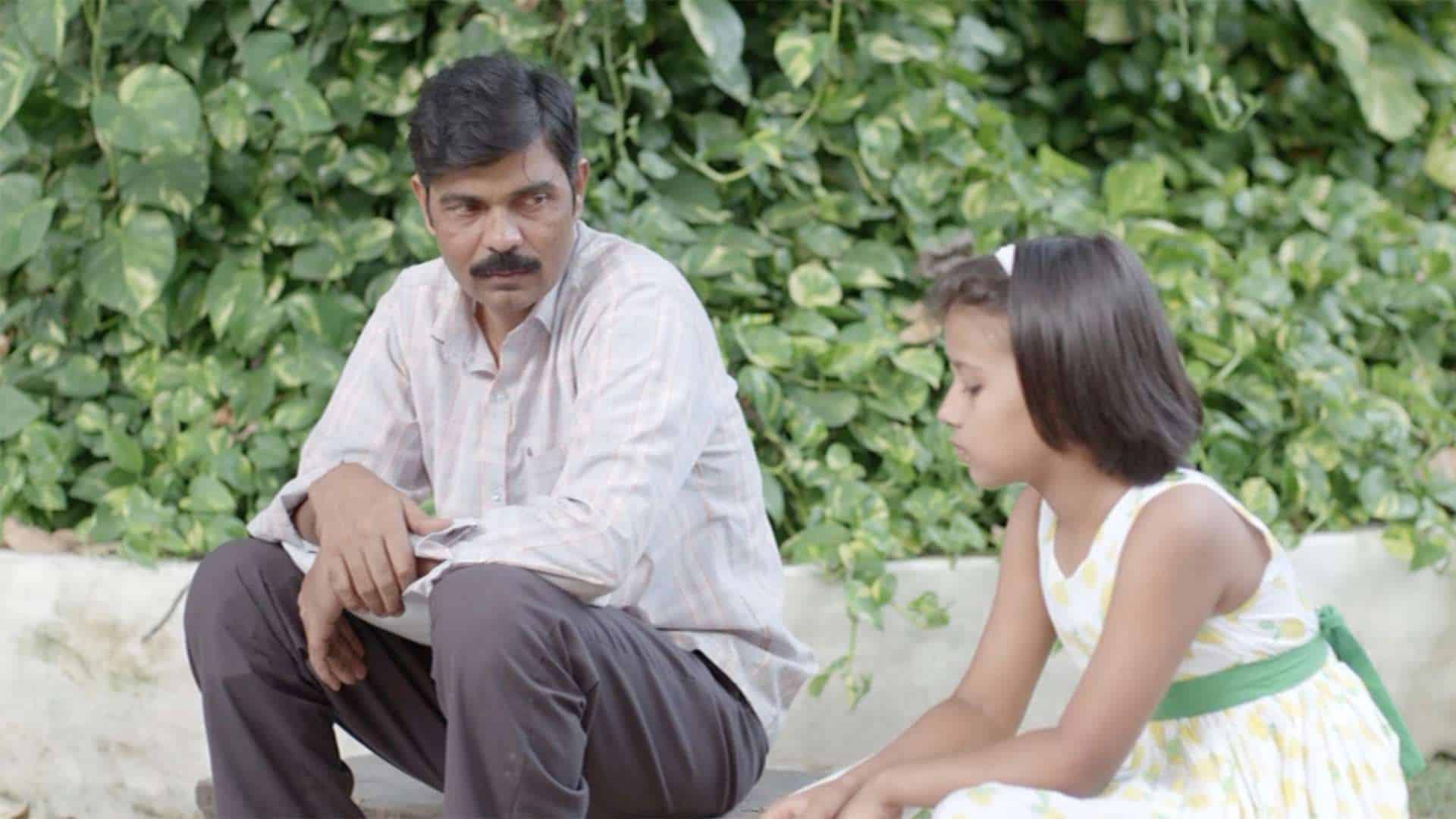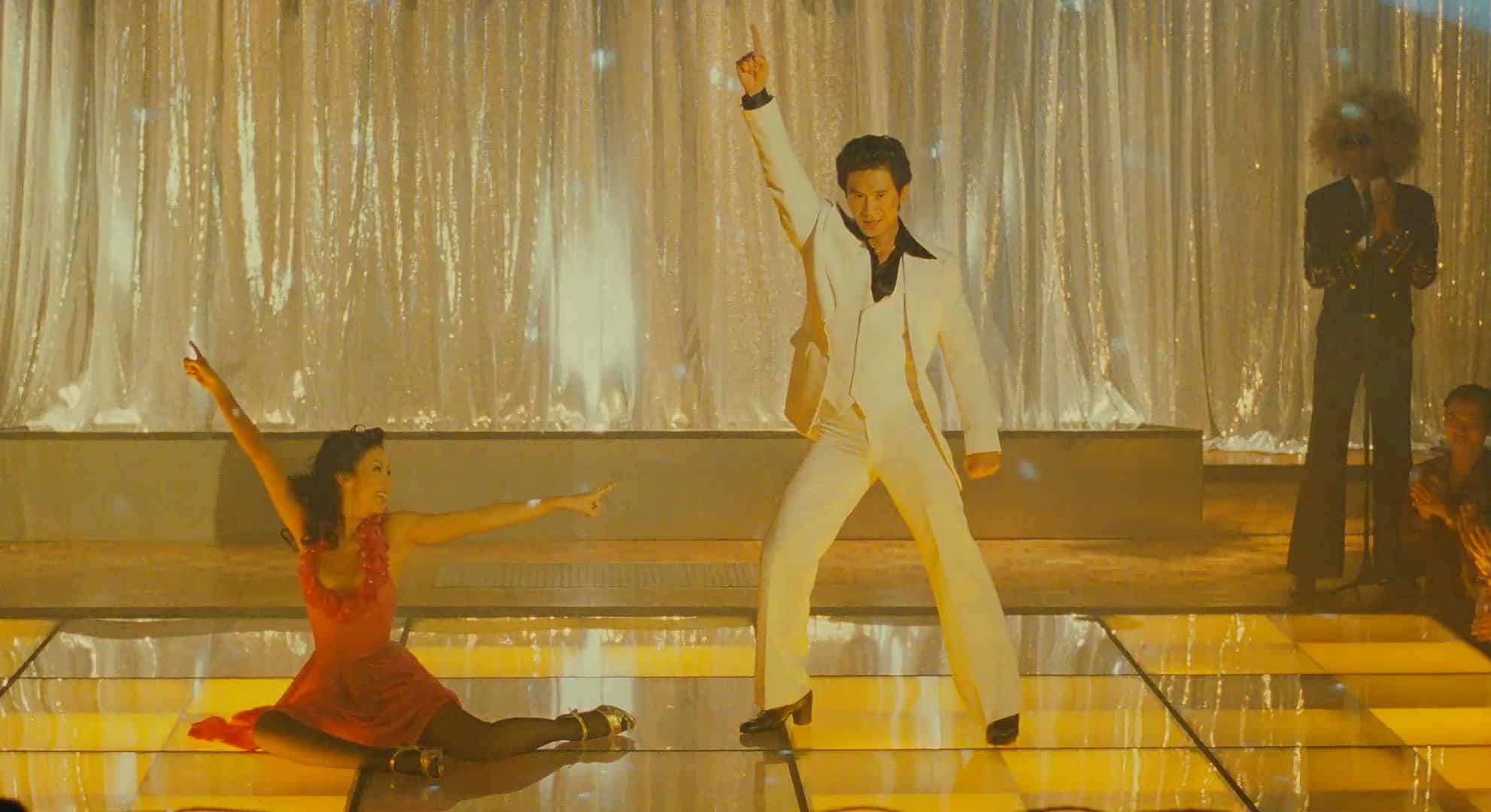The times in Europe and the “First World” in general, when fathers would “sell” their daughters to the highest bidder-groom are not so far behind us, even if nowadays, phenomena like these seem exotic and appalling at the same time. The same, however, does not apply to Vietnam, as the old man in the beginning of “The Good Daughter” so pragmatically explains: “Many of us rely on our daughters to marry rich foreigners to support us”. Wu Yu-ming focuses on one of these women, Azhe, along with the people forming her two families and overall environment, in an effort that took place over the course of three years and netted her the award for Best Documentary from Taipei Film Festival.
The Good Daughter is screening at Taiwan International Film Festival Berlin
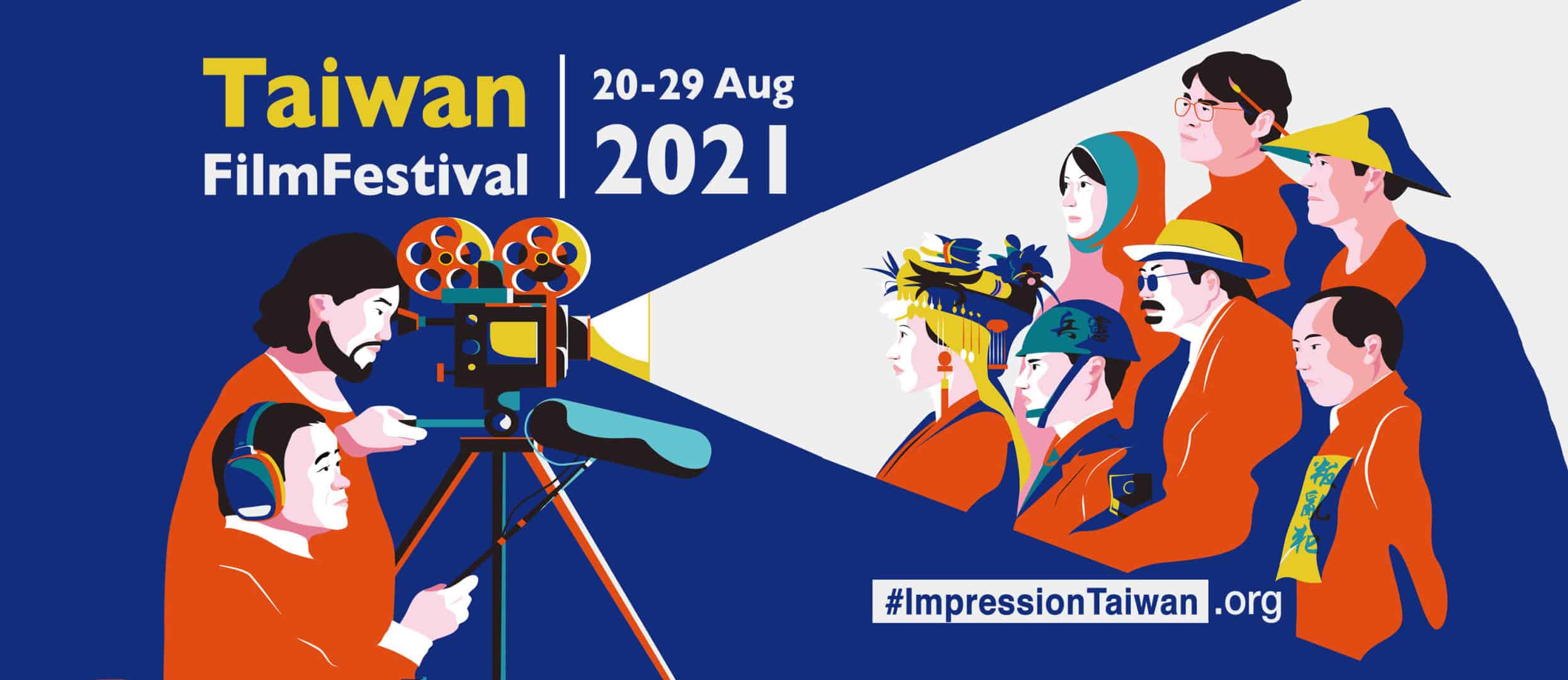
Azhe follows the fate of more than 100,000 Vietnamese young women, and moves to Taiwan after marrying a handicapped man, A-long, following a “bazaar” in Vietnam, involving matchmakers, who are also among the ones who insist for this kind of custom to continue, and the groom's mother, who had to pick among six girls for her son. Her later-presented, rather harsh attitude towards Azhe becomes evident from the first time she appears on screen and starts complaining about the small number of potential brides that were presented to her. Despite her temper, however, which even A-long is afraid of, and her overall tyrannical attitude, the rather hard life Azhe lives, working in an oyster farm and in the family garlic fields, the “deal” seems to be a successful one, with both sides taking what they wanted. Azhe's family receives money from her hard work that even helps her father renovate their house, and A-long and his mother find someone to bear him children and to help in the family business, which he, due to his incapacity, has trouble fulfilling. There are even moments of intense happiness, since the couple occasionally jokes about her being deported and the money she is to take back due to her travel to Vietnam for the celebration regarding the house.
At the same time, however, Wu makes sure to highlight that this is not a match made in heaven. The fact that both Azhe and her father were essentially forced to marry her off, becomes rather evident, as the woman talks about a young man she was in love with in Vietnam, and her father repeatedly saying how much he misses her. At the same time, A-long realizes that the main reason she married him is to make money to send back to her family, with the Damocleus Sword of her abandoning him eventually to return to Vietnam, hanging constantly over his head. The fights among them are also quite frequent, despite the fact that the feelings between them also exist, which become particularly evident when A-long defends her against his mother and brother, who seem to have nothing good to say about her.
At the same time, Wu also showcases the phenomenon more broadly, by having a number of people in Vietnam talking about their experiences of giving away their daughters, while she closes the documentary in the most impactful way, by showing another very young Vietnamese girl and her mother, talking to a matchmaker about her inevitable fate. The comment about this concept continuing to perpetuity is rather palpable, as it is shocking.
Lastly, that even being poor in Taiwan is much better than the living conditions in Vietnam also makes a comment about the difference of the way of life in the two countries, and essentially, their economy.

The camera follows the “subjects” quite closely, with Wu obviously having gained their trust, particularly since the footage inside their homes are quite frequent. At the same time, and although the focus is on realism, the director has also included some moments of happiness, as the aforementioned with the laughter and the party in the house in Vietnam, which provide a much needed relief from the harsh realities the protagonists experience. The editing also works quite nicely, with the switching between the countries and the various locations giving a sense of movement to the film that works quite nicely. At the same time, however, the middle part of the documentary is rather uneventful, essentially prolonging the duration of the film for no apparent reason, to 84 minutes that make the whole effort a bit tiresome after a point, although not to a point to ruin the rather good sense the title leaves at the end.
“The Good Daughter” is a very interesting documentary that highlights the dark side of life in developing countries in the most realistic and pointy way.


